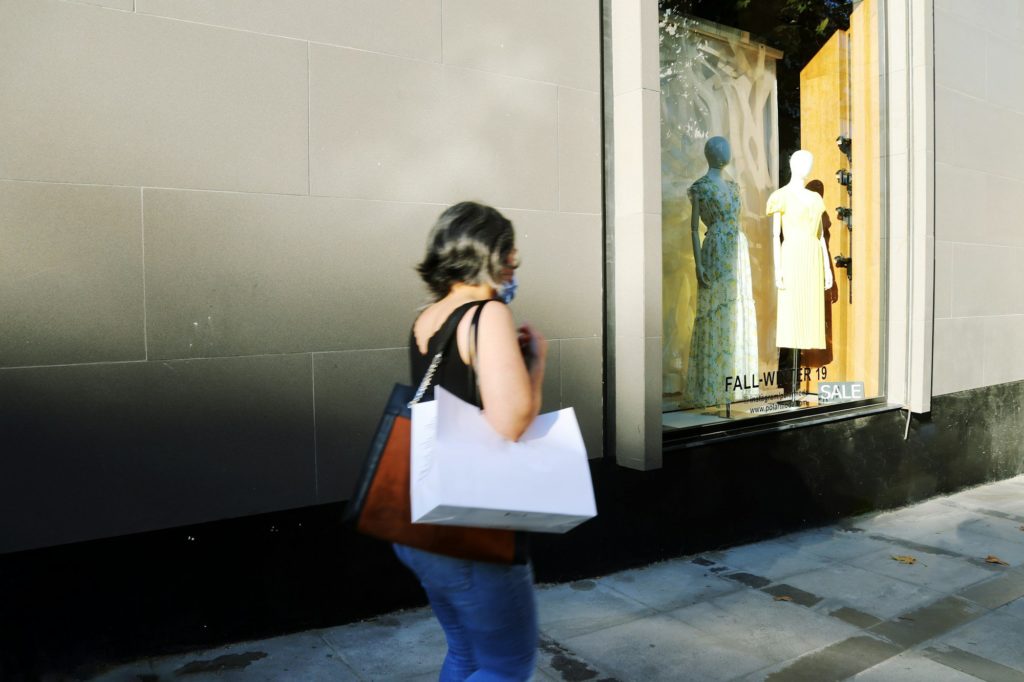U.S. consumer confidence dipped in June, falling to 93 from May’s reading of 98.4. The latest data from the Conference Board showed a bigger dip after last month’s increase, which had been the largest one-month surge since 2009. The decline suggests lingering concerns about the economy, particularly inflation and tariffs, which remain top of mind for Americans.
Factors Behind the Decline
A key factor behind the decrease in consumer sentiment is the ongoing impact of tariffs. Although the U.S. tariff rate has reduced from its April peak of over 25%, it still stands at 14.7%, the highest level since 1938. The high tariffs have continued to raise concerns about inflation and rising prices, which are directly affecting consumer purchasing power. The Yale Budget Lab’s estimates show that while tariffs have come down, they are still putting pressure on the economy.
Geopolitical Tensions and Their Influence
While the recent geopolitical tensions between Iran and Israel made headlines, they were not a major concern for consumers in the June survey. According to Stephanie Guichard, Senior Economist at the Conference Board, topics like geopolitics and social unrest were mentioned far less frequently than economic issues, such as tariffs and inflation, in shaping consumer sentiment. This suggests that while global events can influence confidence, domestic economic factors remain more pressing in the minds of American consumers.
Labor Market Sentiment and Economic Outlook
Job availability has also emerged as a key issue. In June, the number of consumers reporting that jobs were "plentiful" dropped to 29.2% from 31.1% in May. However, the percentage of consumers who felt that jobs were 'hard to get' decreased slightly, from 18.4% in May to 18.1% in June. As a result, the labor market differential, which measures the difference between the two, stood at 11.1 percentage points—the lowest since March 2021. This suggests that while unemployment is not worsening, job availability remains a concern as the labor market shows signs of cooling.
Looking Ahead
The cooling labor market, along with ongoing tariff impacts, is likely to keep consumer confidence muted. Weekly unemployment claims are approaching their highest levels in eight months, signaling potential risks for the broader economy. Consumers’ expectations for business conditions and job availability over the next six months have also taken a hit, and optimism regarding future income has slightly waned.
Given the current state of the labor market and persistent concerns over inflationary pressures, the future trajectory of consumer confidence will depend heavily on upcoming economic data and the potential for further tariff developments. A continued softening in the job market could weigh on overall sentiment, but if inflation moderates and tariffs decrease, we may see a rebound in consumer confidence later in the year.

